

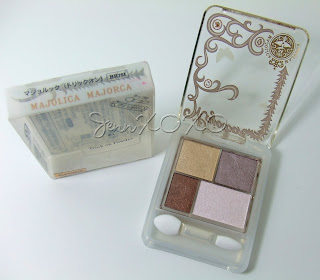


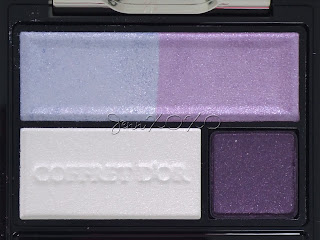

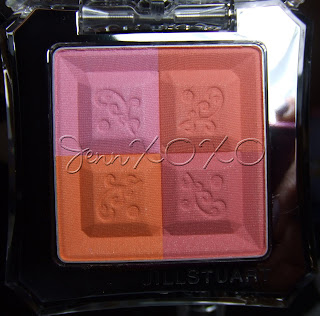


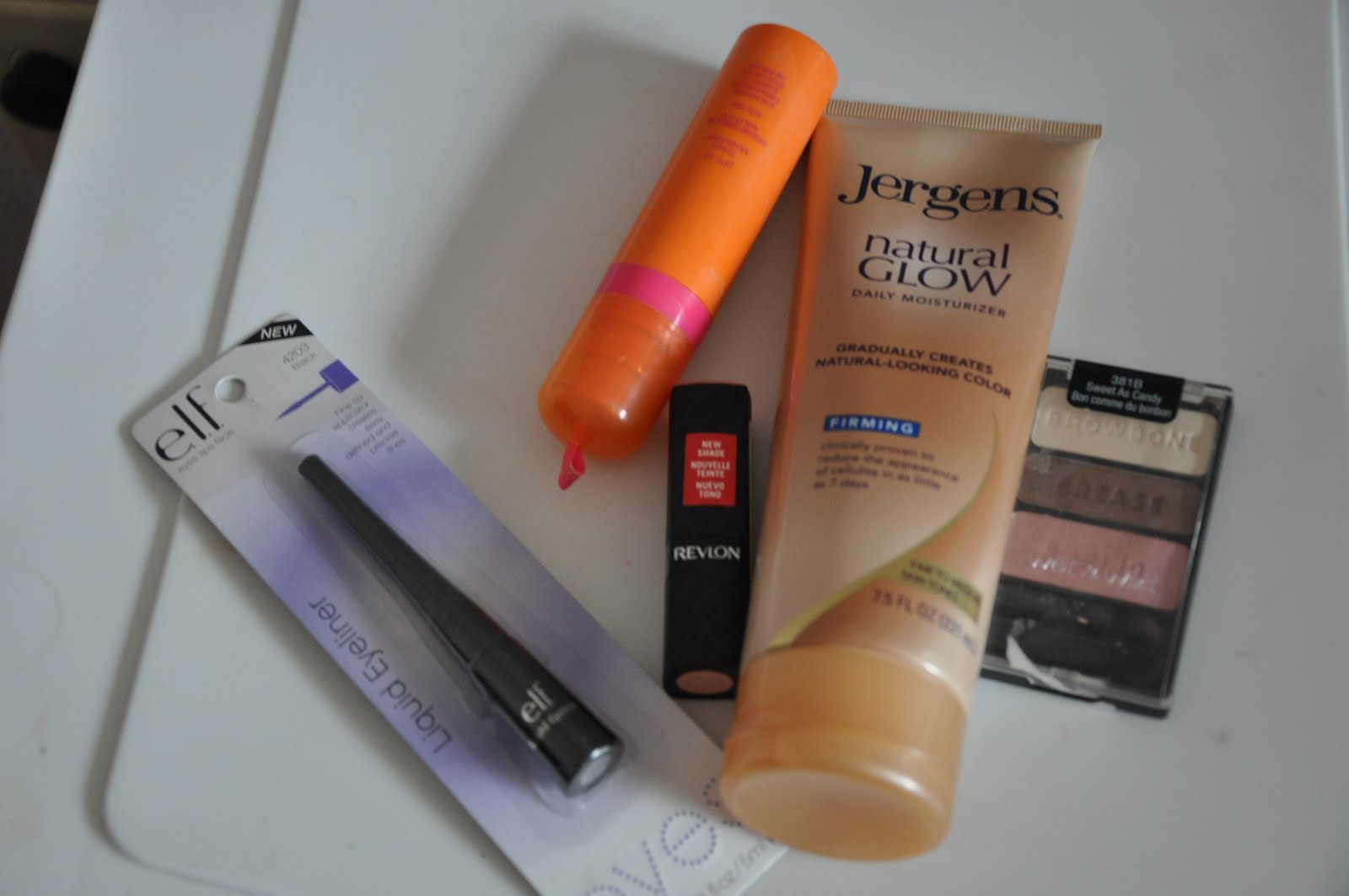







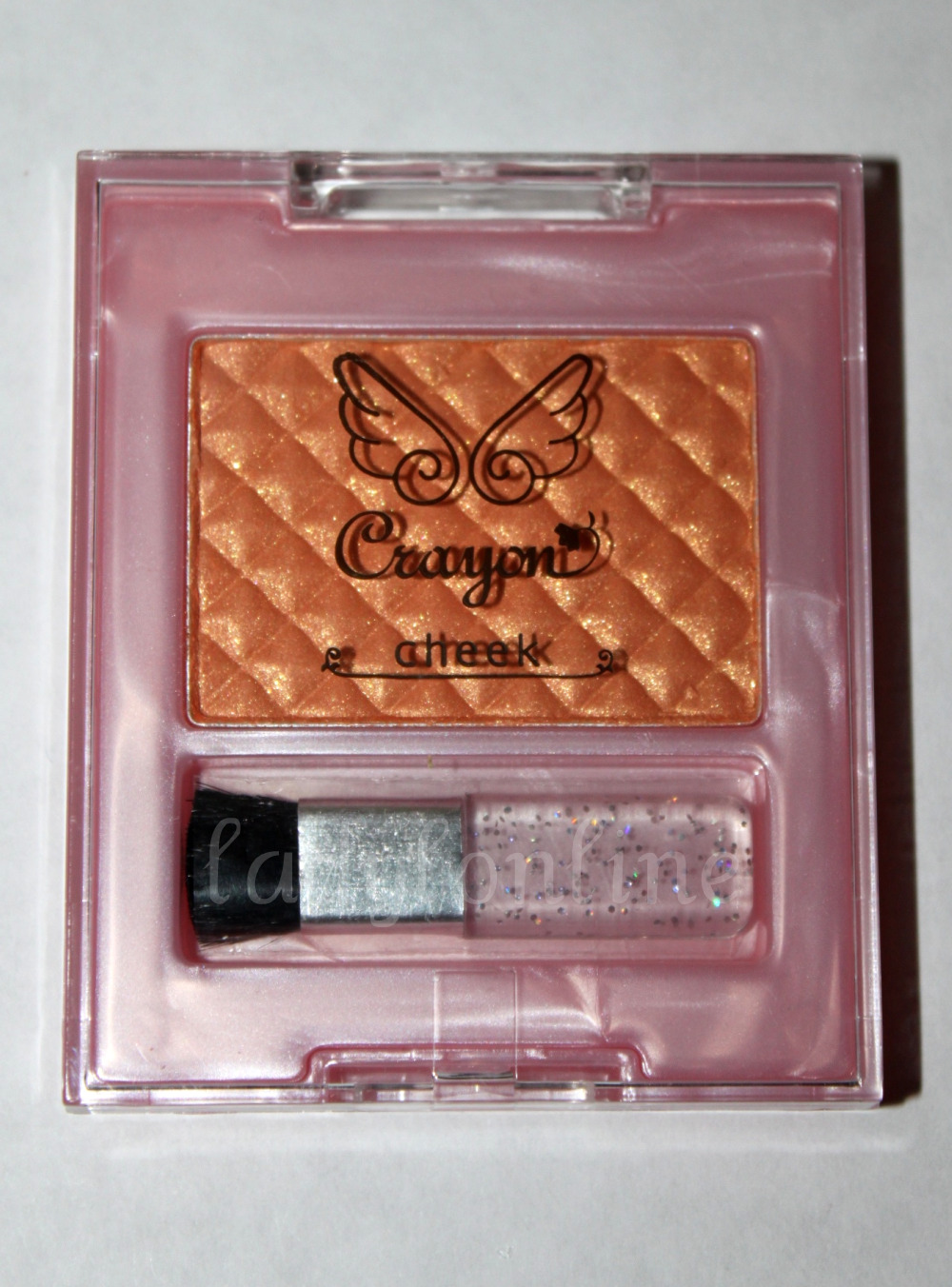














Consumers have pulled wool over your eyes for cosmetic major brands are jumping on the trend for personal care products. Instead of realizing their organic products that adapt their marketing to describe their products as "natural" or "natural inspired." These types of "natural" products tend to have 1 or 2 natural ingredients (which may be obtained from non-organic or GM), with other products containing large amounts of synthetic chemicals.
There is currently no legal definition of "organic" personal care products, so companies can get away with a multitude of sins, including all kinds of chemicals, even in "organic" cosmetics labeled. They can contain chemicals such as foaming agents (eg, sodium laurel sulfate) or wetting agents such as propylene glycol. Synthetic preservatives such as parabens and phenoxyethanol are also common in "organic" products.
The only way to ensure that a skin care product organic is truly organic is to buy products carrying the logo of a certification authority such as the USDA (U.S.) or Soil Association (UK). Products that are certified as organic contain natural ingredients that have been grown and processed without the participation of any pesticides, herbicides or insecticides.
UK Association of the soil has been certifying products for over 50 years. In addition to ensuring the ingredients come from organic sources, which sets strict rules for inclusion of chemicals in organic synthesis of labeled products for personal care.
The Association also prevents brands from mislabeling or hide the chemicals in the ingredients list. Some "organic" brands may appear at first glance to have synthetic chemicals in their ingredients lists.
However, closer inspection shows some hidden chemicals. For example, if you see Aloe Vera gel on the list of ingredients, usually contains Aloe Vera and a preservative such as paraben or phenoxyethanol one, which acts to preserve the product, but does not appear separately on the label.
Other companies use parabens derived from Japanese honeysuckle or simply put "Aroma" or "Parfum" on their labels to cover up to 100 synthetic chemicals and artificial additives fragrance.
Japan is the shopping paradise and offers wide range of high-tech electronics with traditional art and crafts. Cameras, CD players, silk items, watches, woodcuts, Japanese dolls, electronic toys are some of the most purchased products preferred, while shopping in Japan. In the authorized duty-free shops in Japan, purchases over ¥ 10,000 selected items are exempt from consumption tax in Japan by 5%. Duty-free shop is only available in Japan International.
Shopping in Japan is always fun and interesting, and we know that will give you a unique shopping experience. One can buy many rare and unique products that are not available outside Japan market. Many beautiful souvenirs and gifts are available in the market, which can be purchased and maintained as a memorable theme.
If you want to save money while shopping, you should visit the flea market. Each product is available in the market of cosmetics to electronics at a reasonable price. Shopping at the flea market is fast, easy and convenient. One can get effective and quality products on the market at cheaper prices. These flea markets are usually placed in parks, malls, parking lots, etc. Flea markets are popular among young people who have no good source of income.
Japan has large shopping centers that attract buyers from around the world. These centers have the collection of all kinds of products under one roof. You can buy Japanese clothing, electronics, appliances, shoes, books, accessories, well known brands in the industry and products of all categories and many more at discount prices from a single window. These centers give you the pleasant experience of shopping with ease. If you get tired while shopping, they also have restaurants and places to eat.
Apart from the malls and flea markets, Japanese markets are also department stores for all products. Japan also has some specific local markets that are famous for products such as Akihabara, known for its electrical and coined as the electric city of Japan. Aoyama is famous for traditional Japanese crafts, and foods such as fish, vegetables, fruits, etc. can be bought at a cheap price Ueno Ameyoko market. The Japanese Mall gives you the experience is worth shopping in Japan.
Japanese merchants are honest and fair and do not have any undue advantage to foreign customers. The price of products is generally reasonable and has the correct value of the products. What should not waste time comparing the price of a product.
No comments:
Post a Comment